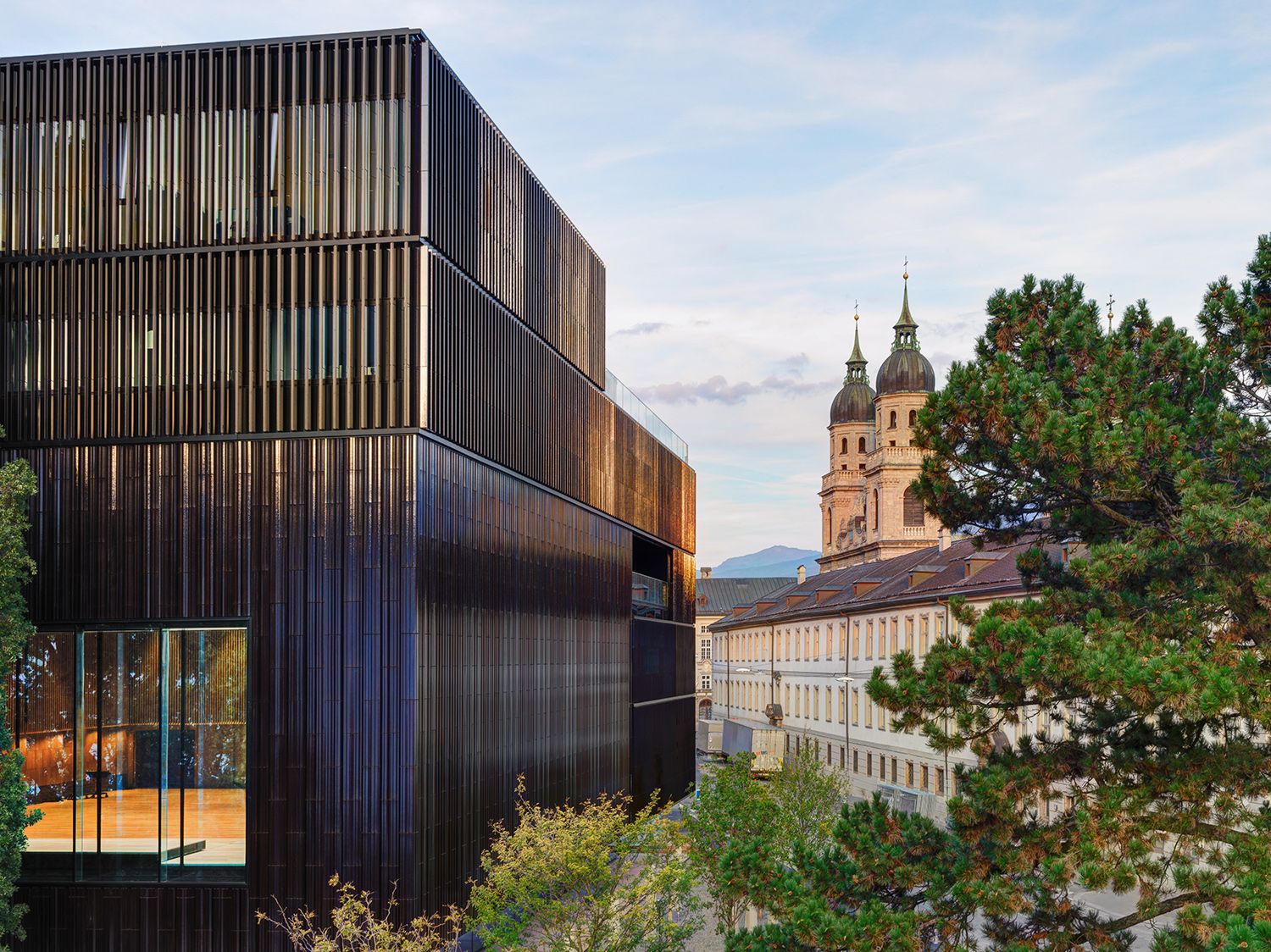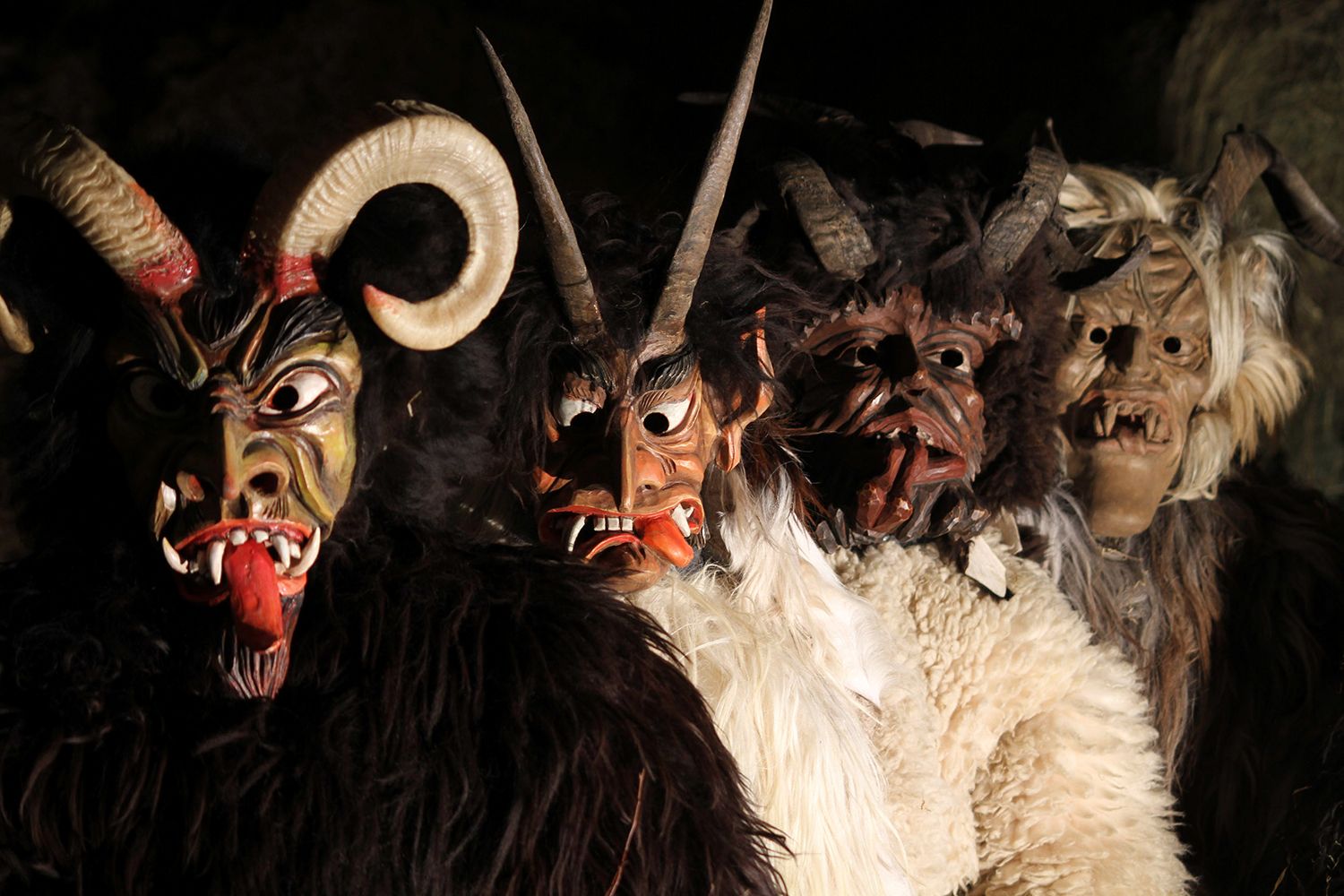Cultural highlights
From art galleries to brass bands – here in Tirol, our cultural scene is a harmony of contrasts.
Cultural highlights: Cultural highlights
Reflective lakes in the valley, weatherproof wooden shingles on the mountain. Screens in front of mountains and our mountains on the screen. Museums steeped in history next to electronic festivals. We believe that Tirolean culture is all about contrasts.

Rustling carnivals, magical mountain fires and contemplative Christmas markets.